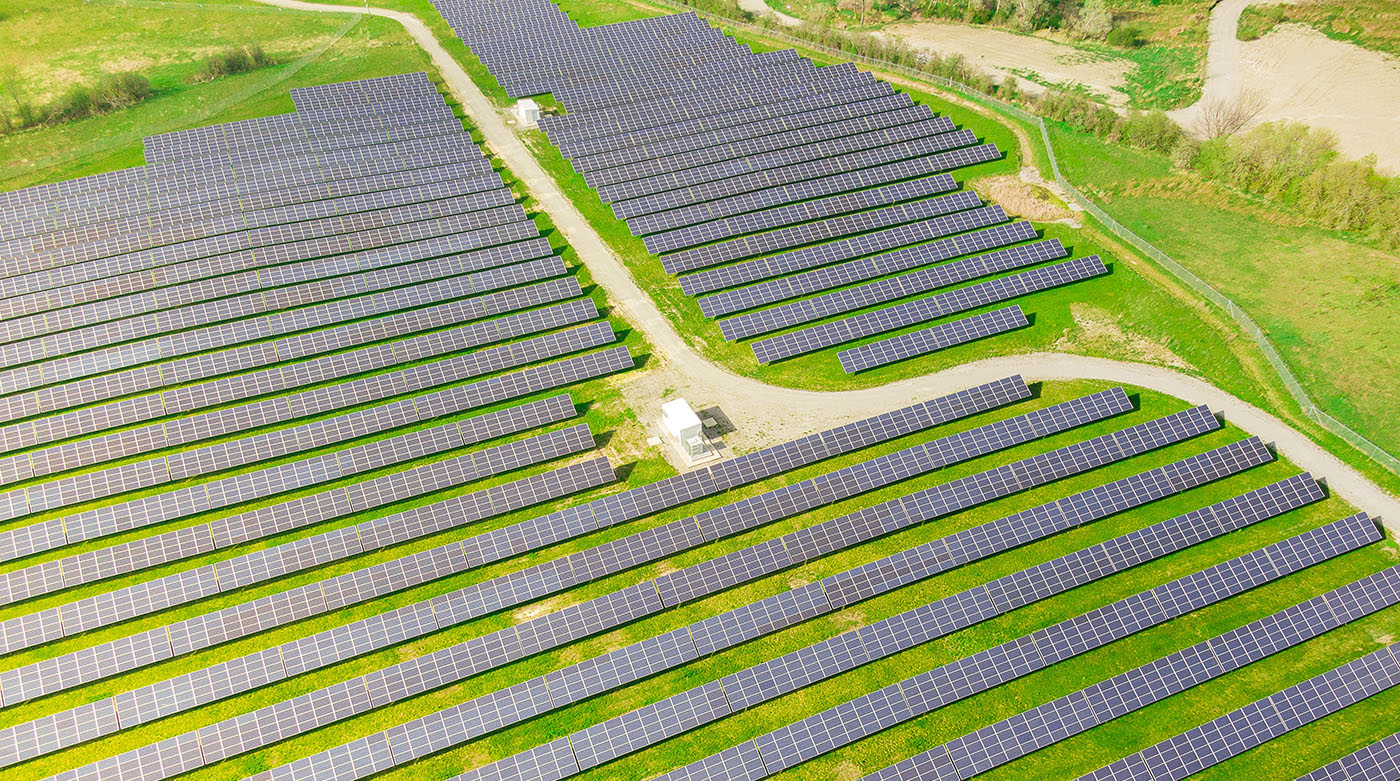Date: 17th July 2023
Author: Tim Hanley, EAPN Ireland
On July 19th, the Government will present its review of Ireland’s progress towards achieving the Sustainable Development Goals (SDGs) to the UN and all 193 member states at the High-Level Political Forum (HLPF) on Sustainable Development. The Government’s report makes for puzzling reading – including the claim Ireland is ‘achieving’ no poverty.
At a time when many people are struggling just to make ends meet and put food on the table – forced to choose between heating or eating – there is a stark difference between what will be reported and the very real and devastating impact of poverty, social exclusion on individuals and communities across Ireland.
Ireland has recently seen poverty and inequality levels increase significantly, and extreme poverty is becoming a growing reality for an increasing number of individuals and families in Ireland. Growing numbers of people depend on charities and foodbanks for support with basic necessities. Homelessness levels are at a record high with 12,441 people including 3,699 children in emergency accommodation in May. As a country, we have a long way to go achieve no poverty in any meaningful sense, and it is clear that we are failing to reach the furthest behind.
The Vincentian MESL Research Centre update for 2023 shows the costs of goods and services required to enable a socially acceptable Minimum Essential Standard of Living in Ireland have increased considerably. Its analysis found the incidence of income inadequacy has widened to more household types and is deepening in many cases.
The most recent official poverty figures, published in February this year by the Central Statistics Office (CSO) in its Survey on Income and Living Conditions (SILC) 2022, show poverty in Ireland has increased under each of the three poverty measurements – at risk of poverty, enforced deprivation, and consistent poverty – hardly indicative of a country ‘achieving’ no poverty.
Over 671,000 people in Ireland, or 13.1% of the population, were at risk or poverty and living below the national poverty line in 2022. Over 906,500 people, or 17.7% of the population, were experiencing enforced deprivation in 2022, a significant increase from 13.8% in 2021. More than 271,500 people, or 5.3% of the population, experienced both of these and so were living in consistent poverty, an increase of over 70,000 people from 2021. The data shows people who are unemployed, people unable to work due to long-standing health problems, lone parent households, and children continue to experience higher levels of poverty. Nearly 1 in 5 people aged 65 or over are at risk of poverty. By age, this represents the largest year on year increase in the at risk of poverty rate, up from 11.9% in 2021 to 19.0% in 2022.
Two underlying principles underpin the SDGs: to leave no one behind and to reach the furthest behind first. In this context, it is crucial to remember many groups in society disproportionately affected by poverty and social exclusion are not included in these official statistics, including people with disabilities, Travellers, Roma, migrants and other ethnic minorities, and people experiencing homelessness. These figures also cannot tell us about the impact poverty has on people or communities, including disadvantaged socio-economic communities.
The review raises questions about how Ireland is measuring its progress towards achieving no poverty. For example, the international poverty line, while important for the poorest countries, is a meaningless measure when it comes to assessing progress towards achieving ‘No Poverty’ in Ireland. Its use in bolstering the Government’s claim that Ireland is achieving no poverty in its report to the United Nations on the SDGs points to the need for relevant and tailored measures to ensure an accurate and useful picture of where we stand. This is crucial in order to develop a clear vision of the steps needed for Ireland to deliver real progress on its poverty targets. In this regard, we should consider following the approach of Finland as world leader in the development of nationally relevant monitoring and reporting of progress towards achieving the SDGs.
The upcoming Budget 2024 provides an opportunity for the Irish Government to make real progress toward achieving no poverty, as well as to strengthen and prioritise political leadership for the SDGs more broadly. It must match its commitments with actions, through ensuring the sufficient resourcing of full SDG implementation, and proofing all policy and financial decisions to ensure alignment with SDG targets. For Ireland to meet its SDG commitments, we need a genuinely integrated strategy across all relevant policies. The Government must show that it is serious about achieving no poverty, about leaving no one behind, and about reaching those furthest behind first. There must be a clear focus on and concrete commitments and measures towards tackling income inadequacy, the availability and affordability of quality services and supports, and the opportunity to access a living wage and decent work.
See below screenshots taken from Ireland’s second Voluntary Nation Review (VNR) on the SDGs.









